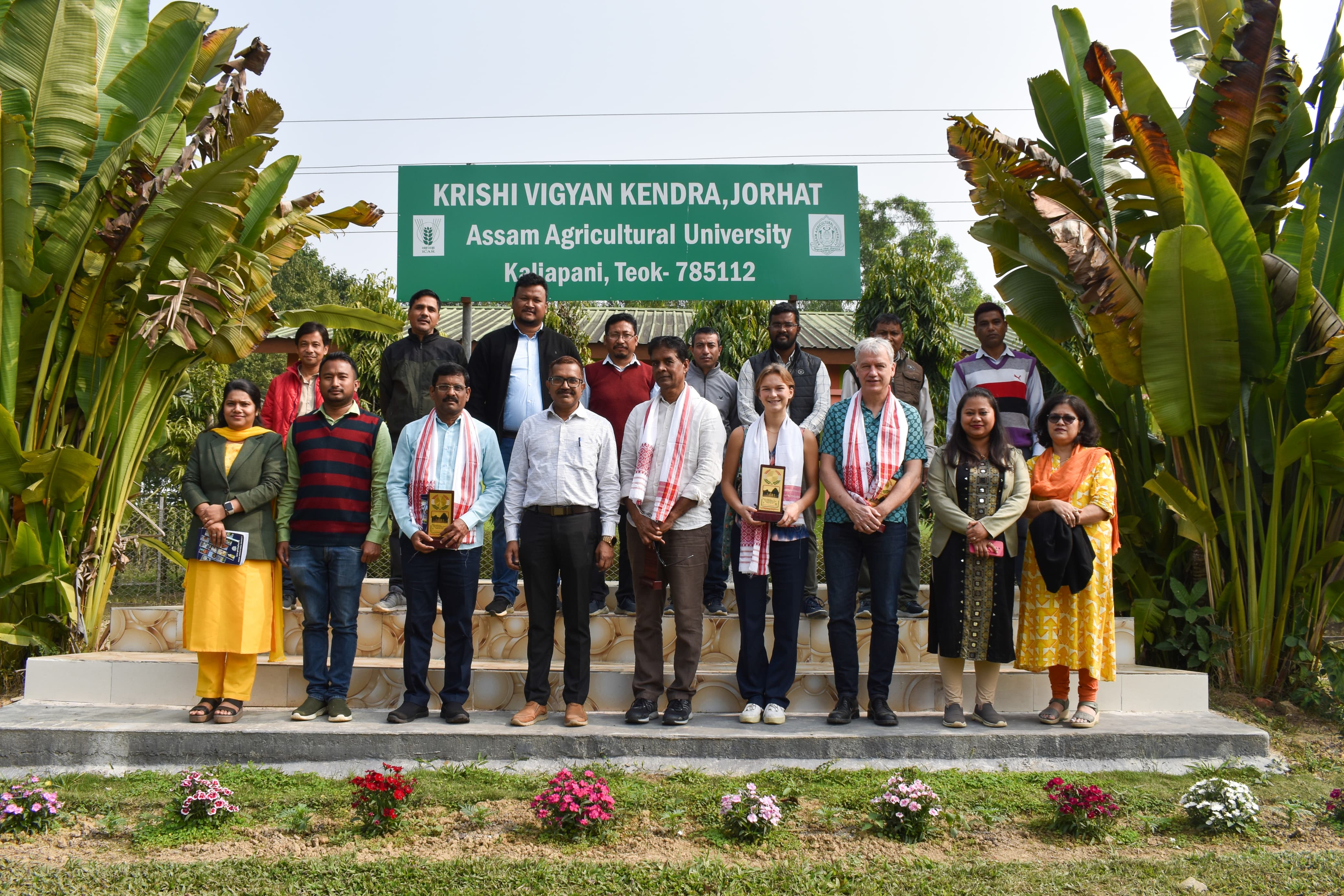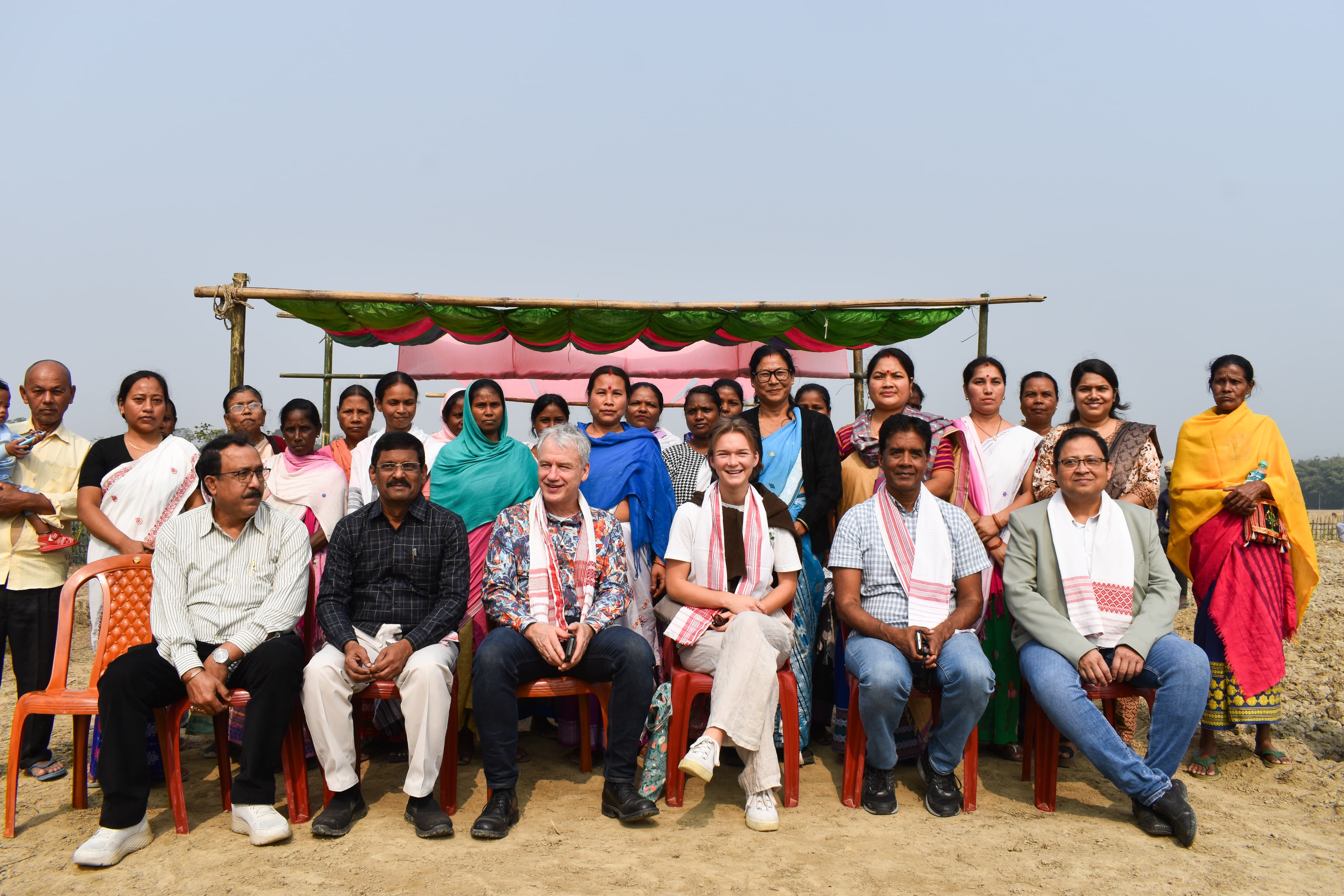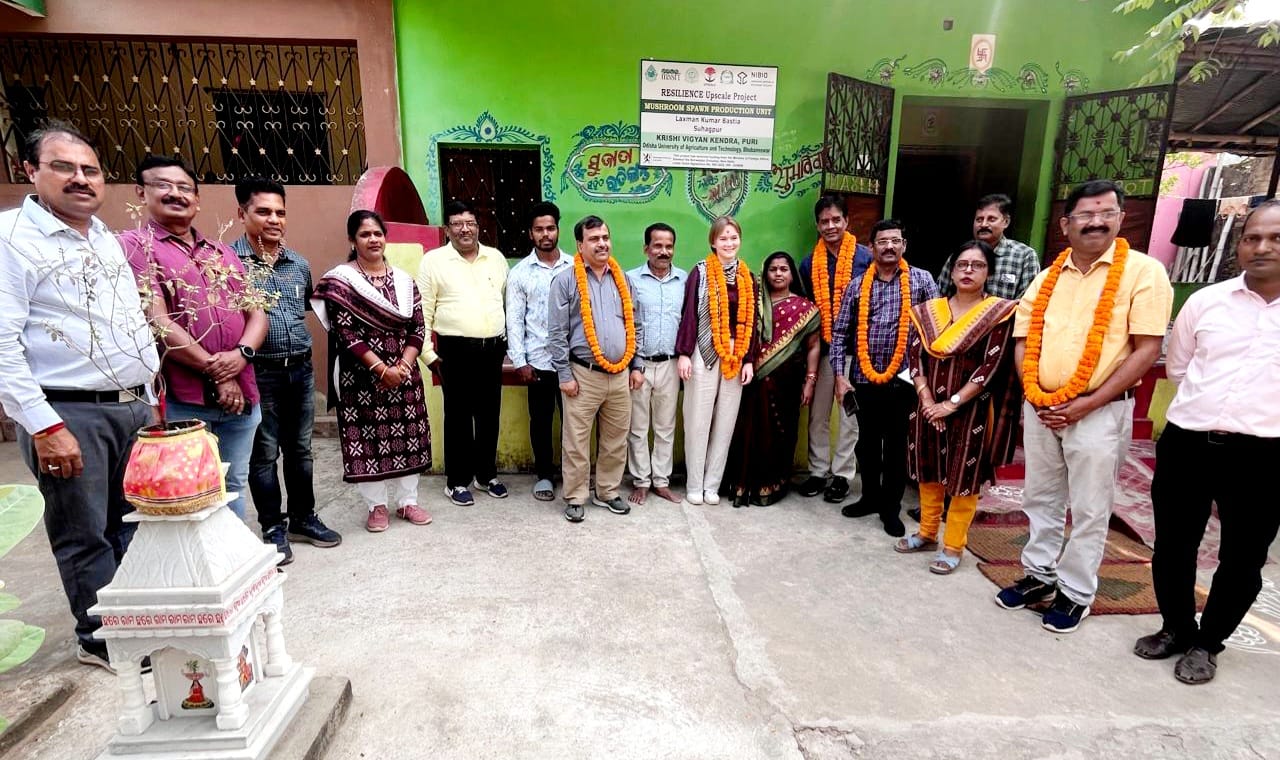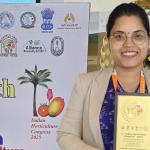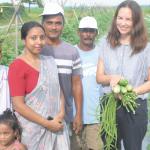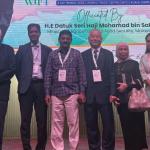The focus of upscale project is on upscaling selected sustainable and climate resilient rice and relevant agricultural (CRRA) technologies, addressing barriers and showing the potential for upscaling in practice. Scaling up processes and multiplication are an integral part of a systemic approach to innovation. The selected technology interventions are evidence based (results from RESILIENCE and other ongoing projects in India) and have shown promising results. These include Direct Seeded Rice (DSR), Precision Soil and Nutrient management( promoting digital tools for improving inputs use efficiency: e.g. fertilizers, water, etc.), Alternate Wetting and Drying (AWD), farmer-led smart seed production systems, integrated farming systems (IFS)/diversified crop-livestock systems, among others. In addition to the CRRA systems, the project will demonstrate use of alternatives to fossil fuels and electricity such as solar power and do a pilot assessment of biodegradable plastics for mulching. Upscaling CRRA systems not only will provide increased yields and income for smallholders (small and marginal farmers) , but also improved ecosystem services that enhance sustainability and nutrient circularity, while reducing biodiversity loss. Thus, sustainable management of the agricultural environment will be an important cross-cutting issue in the project.
The project will be implemented in 2 of the most climate vulnerable states of Odisha and Assam in India and will directly operate/ and carry out upscaling in 9 districts (reaching out to approx. 35,000 farmers (of which 35% women) will be engaged in upscaling). Overall, the project will contribute to:

